|
An independent review has recommended that the UN peacekeeping mission in the Democratic Republic of Congo withdraw by 2022. The mission, established 20 years ago, is the UN’s largest field operation. Its remit has been to protect civilians and strengthen state institutions. Although it has brought some stability, violence and internal displacement continue, particularly in Eastern DRC, where over 100 armed groups are still active. Mats Berdal argues that if the withdrawal is rushed it will result in further instability and a recurring crisis.
|
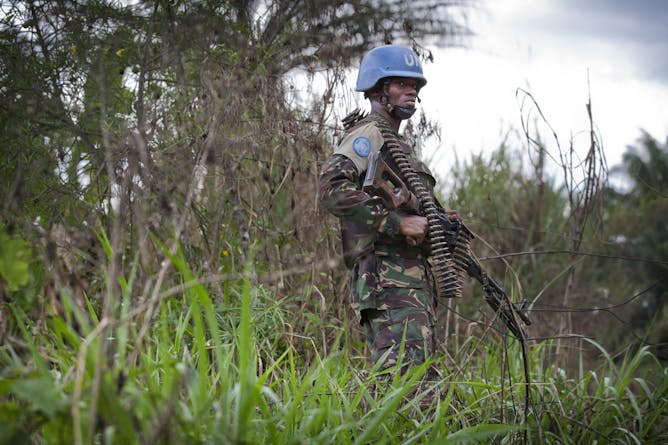
Peacekeeper with the UN Organisation Stabilisation Mission in the DRC
MONUSCO/Sylvain Liechti
Mats Berdal, King's College London
The independent strategic review, now before the Security Council, recognises many of the challenges ahead. But it appears overly sanguine about what can be achieved within a three-year period.
|
Politics + Society
|
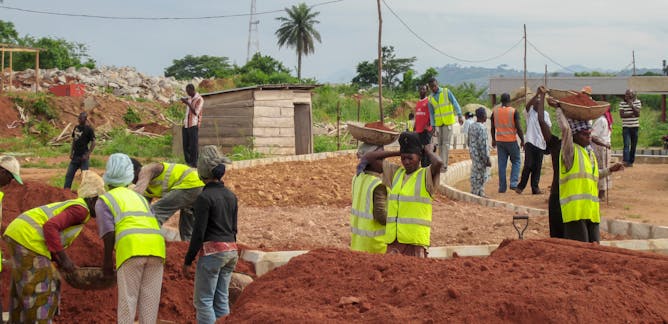
Fakere Alexander Adeyemi, Federal University of Technology, Akure; Ayoola Hezekiah Adedayo, Federal University of Technology, Akure
Communities are always at the receiving end of infrastructure projects. They must also be at the centre of the decision making processes.
| |
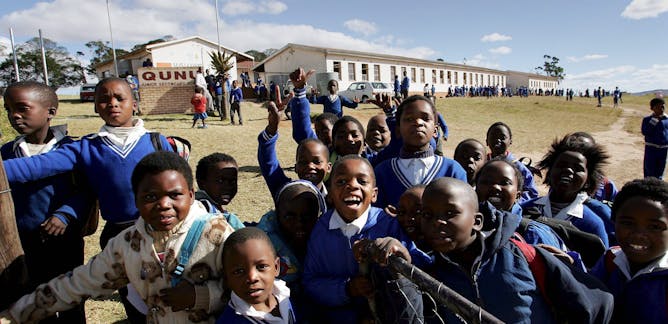
Nicola de Jager, Stellenbosch University
Objections raised about the school syllabus by parents, schools and civil society point to a bigger problem with the state.
|
|
|
Health + Medicine
|
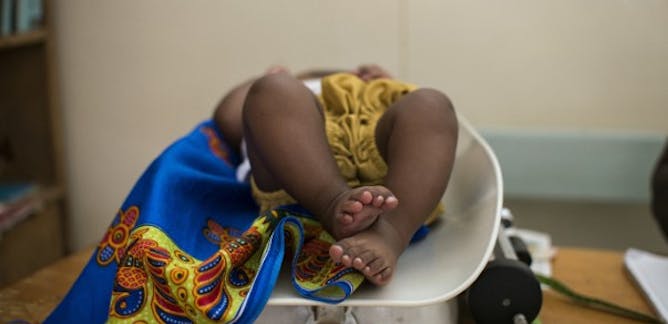
Cheikh Mbacke Faye, African Population and Health Research Center
When governments have evidence, they are better placed to develop health policies and programmes.
| |
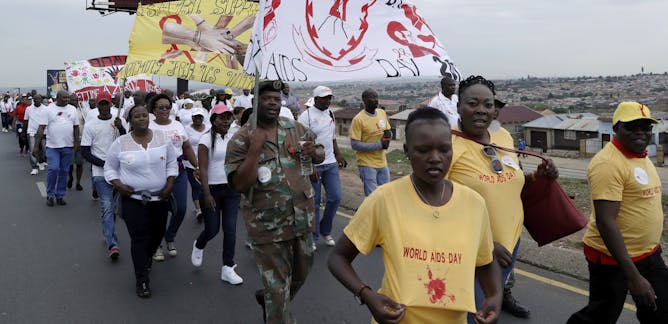
Roger L. Shapiro, Harvard T.H. Chan School of Public Health; Gbolahan Ajibola, Harvard T.H. Chan School of Public Health
Babies born with the HIV virus in their blood are at a turning point in the infection. With immediate treatment these children can develop much stronger immune systems to fight the virus.
|
|
|
From our international editions
|
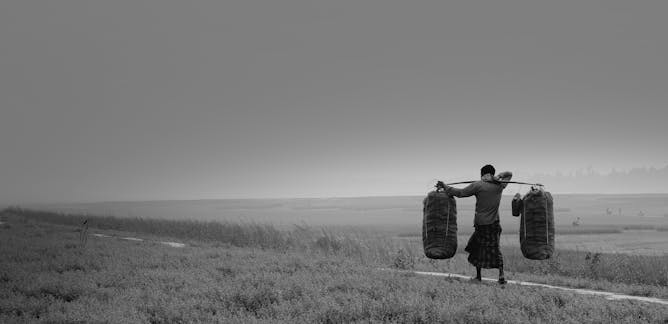
Derek Groen, Brunel University London; Diana Suleimenova, Brunel University London
Beware those who say it is a solved problem.
| |
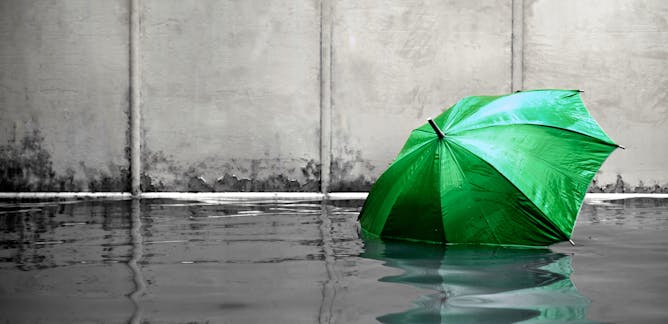
Mark Maslin, UCL
How to identify and understand different types of denial: scientific, economic, humanitarian, political and crisis.
|
|
|
En français
|
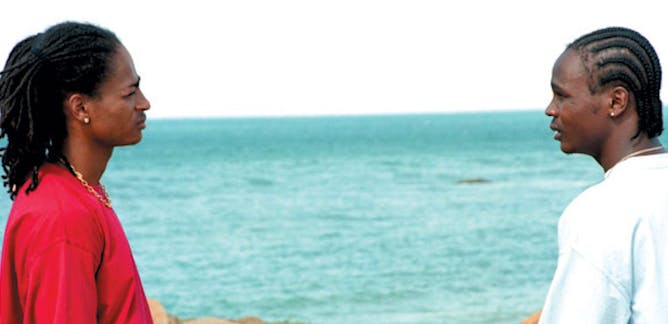
Guillaume Robillard, Université Paris 1 Panthéon-Sorbonne
Les scènes représentant la mort et le deuil sont nombreuses dans le cinéma antillais, à l’opposé des clichés associés au tourisme dont l’Occident est pourtant friand.
| |
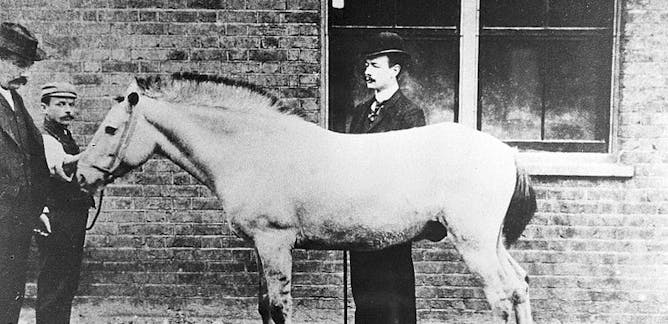
Michel Goldman, Université Libre de Bruxelles
Considéré comme l’un des pères fondateurs de l’immunologie, le Belge Jules Bordet, est à l’origine de nombreuses avancées thérapeutiques par la découverte qui lui a valu le Prix Nobel en 1919.
|
|
|